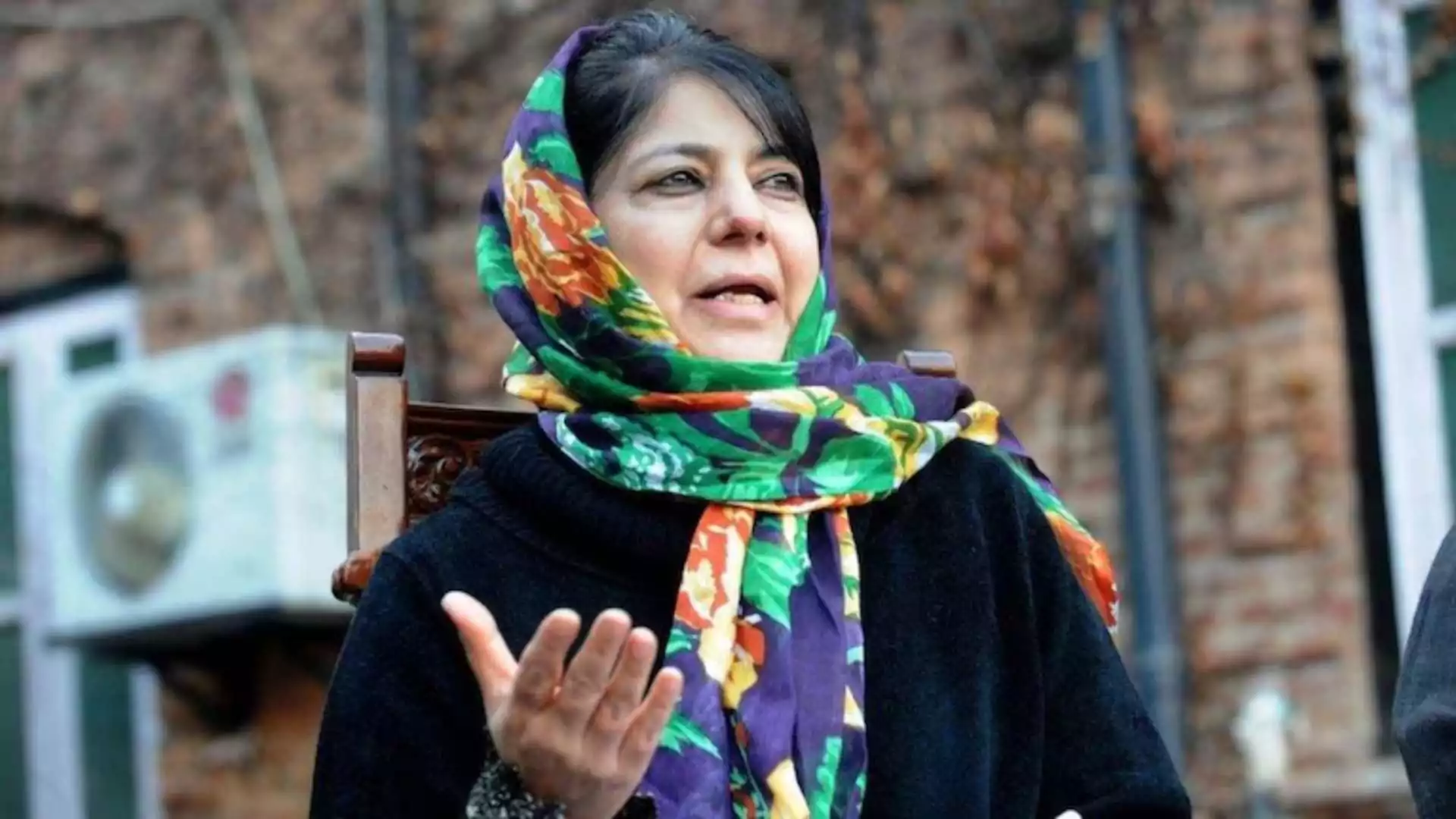Alex Salmond, the former First Minister of Scotland who was a long-time advocate for Scottish independence from the U.K. and came close to achieving it, has passed away at the age of 69.
Salmond, a highly divisive figure in British politics at the turn of the century, led the Scottish National Party (SNP) and took Scotland to the brink of independence in the 2014 referendum. According to local reports, he died in the lake-resort town of Ohrid, North Macedonia.
Died unexpectedly
The office of former North Macedonia President Gjorgje Ivanov announced that Salmond, who had been a panelist at a cultural diplomacy forum in Ohrid, died unexpectedly. Tributes soon followed from across the political spectrum. U.K. Prime Minister Keir Starmer of the Labour Party described Salmond as a monumental figure in both Scottish and British politics, adding that Salmond’s legacy would endure. Starmer also acknowledged his deep commitment to Scotland’s heritage, history, and culture during his tenure as First Minister.
Alex Salmond, the First Minister
Alex Salmond held the position of First Minister from 2007 to 2014 and led the SNP twice, from 1990 to 2000 and again from 2004 to 2014. He spearheaded the campaign for Scottish independence in the 2014 referendum but lost after securing 45% of the vote. Following this defeat, he resigned as First Minister, and his long-time ally Nicola Sturgeon took over. Their eventual falling out became a defining issue in Scottish politics for years.
In response to the news of Salmond’s death, Sturgeon acknowledged the breakdown in their relationship in recent years but emphasized the importance he had in her life, noting that he had been her mentor for over a decade, during which they formed one of the most successful political partnerships in U.K. history.
A new party by Alex Salmond, Alba
In 2019, Salmond faced charges of sexual assault and attempted rape following allegations made by nine women who had worked with him during his time as First Minister or in the SNP. Salmond described the charges as politically motivated fabrications. He was acquitted of all charges in a trial held in March 2020.
In 2021, Salmond launched a new party, Alba, which aimed to push for a second independence referendum. However, the party struggled to make a significant impact on Scottish politics.
John Swinney, the current First Minister of Scotland, expressed shock and sadness at Salmond’s sudden death, praising his significant contributions to political life in Scotland, the U.K., and beyond. Swinney highlighted how Salmond had brought the SNP from the political fringes into government and led Scotland to the cusp of independence.
Scottish independence movement
Salmond had often spoken about his early inspiration for Scottish independence, which he attributed to his grandfather. He joined the SNP in 1973 while at university after a debate with his English girlfriend over his separatist views. His academic background included medieval history and economics, which shaped his economic vision for Scotland. Before entering politics, Salmond worked as an economist, first for the Scottish regional government and later for the Royal Bank of Scotland, where he analyzed the North Sea oil industry.
Elected to the U.K. Parliament in 1987, Salmond became the SNP leader within three years. He supported Tony Blair’s Labour government in the late 1990s in establishing a devolved Scottish Parliament, which granted Scotland significant domestic powers though it fell short of full independence. The establishment of the Scottish Parliament allowed Salmond a platform to advance his vision of independence, culminating in the 2014 referendum, which, though unsuccessful, solidified the SNP’s dominance in Scottish politics.
The SNP has governed Scotland since, though it faced a major setback in the recent U.K. general election, losing many of its parliamentary seats to Labour. The next Scottish elections are scheduled for 2026.
Read More: Hiroshima’s Peace Park: Visitors Eager For Nobel Win To Spark Global Dialogue






















